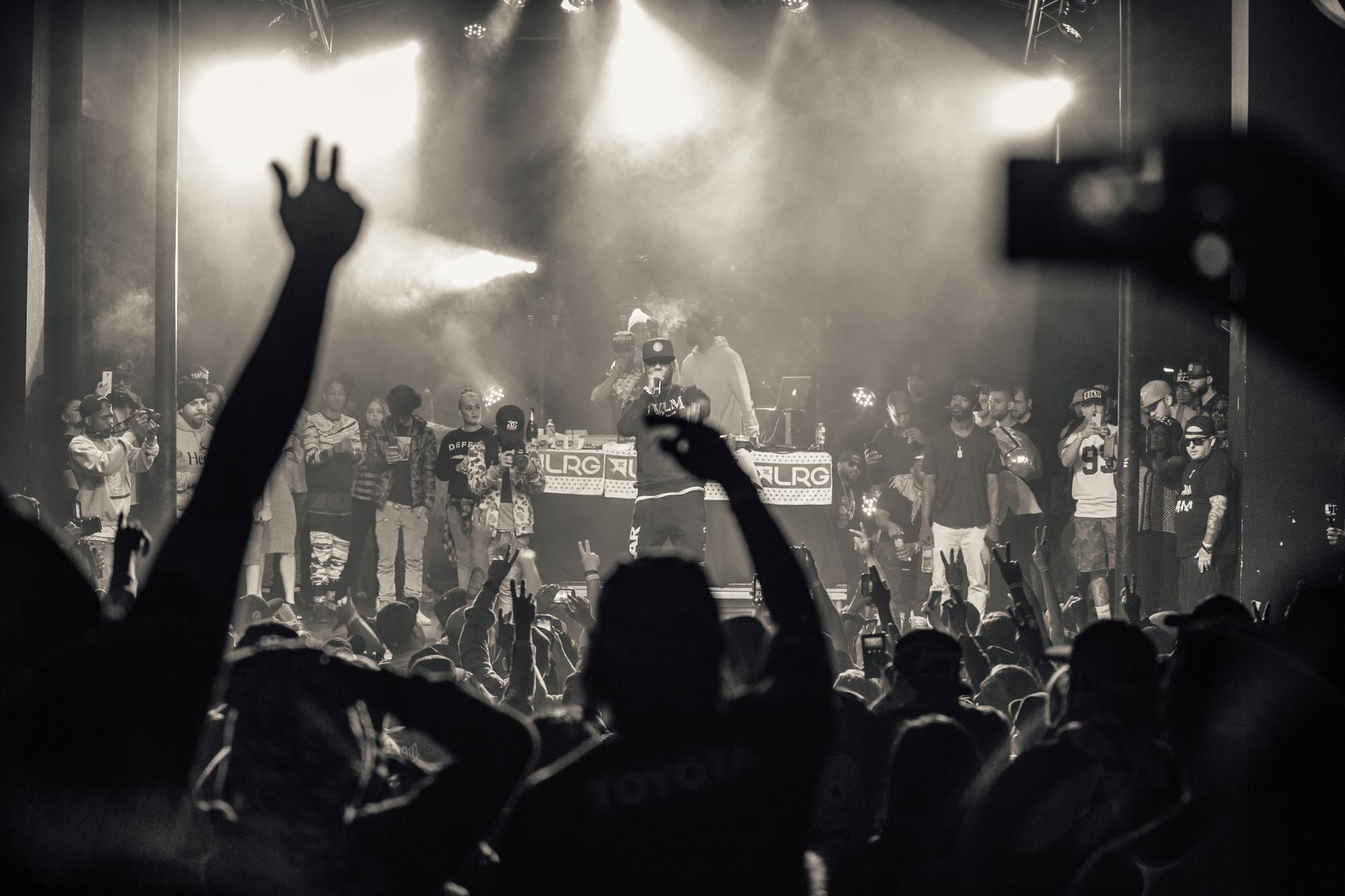Cypress Hill are hip-hop legends who transformed rap music, cannabis culture, and Latino representation in American pop culture. Formed in South Gate, California, in 1988, the group—B-Real, Sen Dog, DJ Muggs, and later percussionist Eric “Bobo” Correa—became the first Latino hip-hop act to achieve multi-platinum success. With more than 20 million albums sold worldwide and a star on the Hollywood Walk of Fame, Cypress Hill remain cultural trailblazers who blurred boundaries between music, activism, and identity.
Breaking Ground in Hip-Hop
Their 1991 debut album, Cypress Hill, introduced a revolutionary sound—DJ Muggs’s grimy, sample-driven beats fused with B-Real’s high-pitched delivery and Sen Dog’s booming ad-libs. The mix created an unmistakable “psychedelic boom-bap” that stood apart from East and West Coast conventions. Songs like “How I Could Just Kill a Man” and “Hand on the Pump” captured raw street realism while weaving in humor and surreal imagery.
Two years later, Black Sunday exploded onto the charts, debuting at No. 1 on the Billboard 200 and solidifying their crossover appeal. The single “Insane in the Brain” became a global anthem, blending funk, rebellion, and stoner wit. At one point, Cypress Hill had both their debut and sophomore albums in the Billboard Top 10—an unprecedented feat in rap.
Their bilingual lyrics and Latin rhythms brought new identity and texture to hip-hop. By switching fluidly between English and Spanish, they opened the door for future Latino artists like Pitbull, Big Pun, and Bad Bunny to flourish in the mainstream.
The Cannabis Connection
From the start, Cypress Hill were unapologetic about cannabis. Their songs—“Hits from the Bong,” “I Wanna Get High,” and “Dr. Greenthumb”—turned weed culture into a movement. They weren’t glamorizing it; they were normalizing it. Long before legalization trends took hold, they used their music to challenge stigmas and advocate for reform.
Their advocacy extended beyond lyrics. The group founded the SmokeOut Festival, a massive event mixing live music, political awareness, and cannabis education. In 2010, it became one of the first festivals in the U.S. to allow medical marijuana patients to consume cannabis legally on-site, signaling the changing times.
B-Real later transformed his Dr. Greenthumb persona into a real-life cannabis enterprise with dispensaries across California. His ventures remain rooted in the same mission: promoting responsible use, supporting legalization, and honoring the plant’s cultural importance.
Cultural Influence and Recognition
Cypress Hill’s impact on both music and activism has been immense. They bridged the gap between hip-hop and rock, performing alongside acts like Rage Against the Machine and Metallica, and helped pave the way for the rap-rock surge of the late ’90s. Their influence can be heard in artists as varied as Eminem, Linkin Park, and Wiz Khalifa.
Their rebellious energy also made headlines. In 1993, they were banned from Saturday Night Live after DJ Muggs lit a joint on air—a moment that captured their defiant spirit and unwavering message about cannabis freedom.
Three decades later, their legacy continues to evolve. In 2024, the group performed Black Sunday with the London Symphony Orchestra, turning a Simpsons gag into reality. The event proved that what began as counterculture had become culture itself.
Lasting Legacy
Cypress Hill stand as more than musicians—they are architects of modern cannabis consciousness and ambassadors of cultural inclusion. Their sound shaped hip-hop’s sonic future, their identity broadened its audience, and their advocacy helped destigmatize a plant once seen as taboo. From South Gate streets to orchestral halls, Cypress Hill’s smoke still rises as a symbol of creativity, rebellion, and change.

